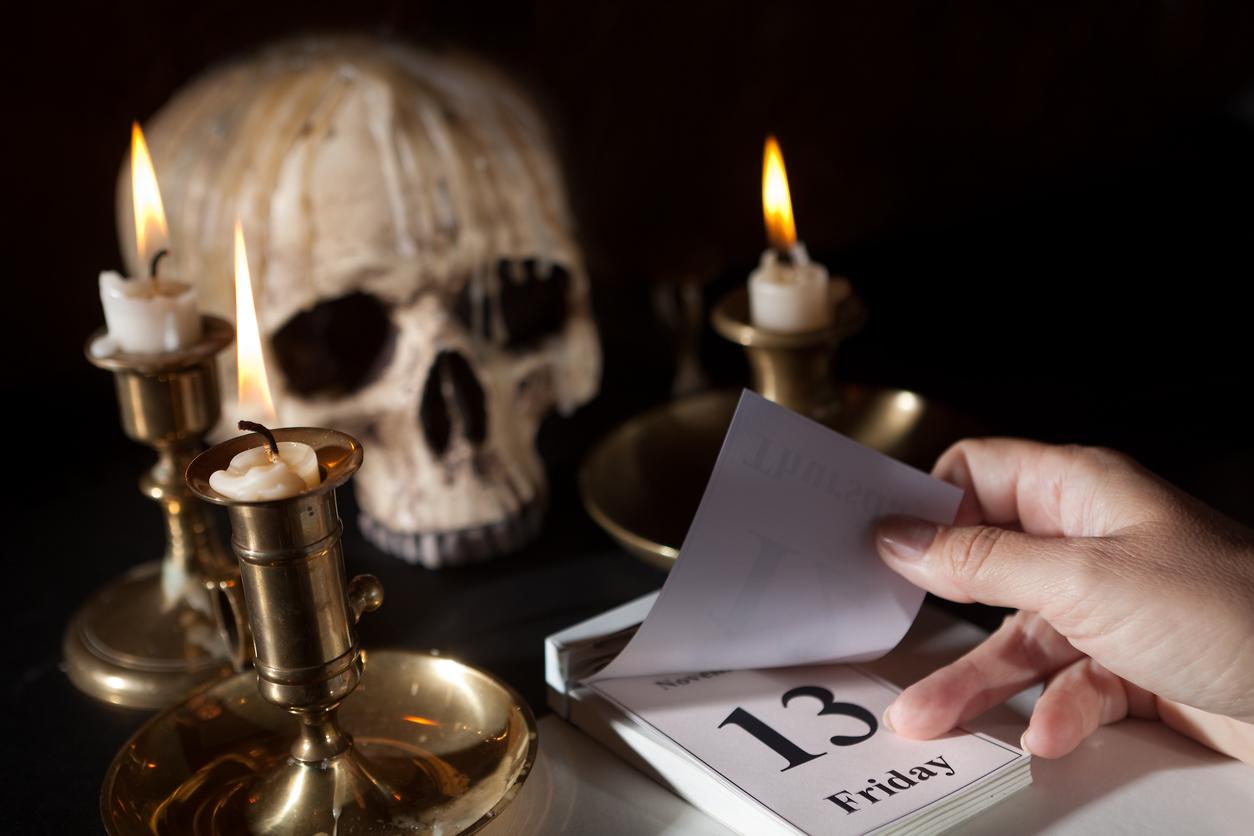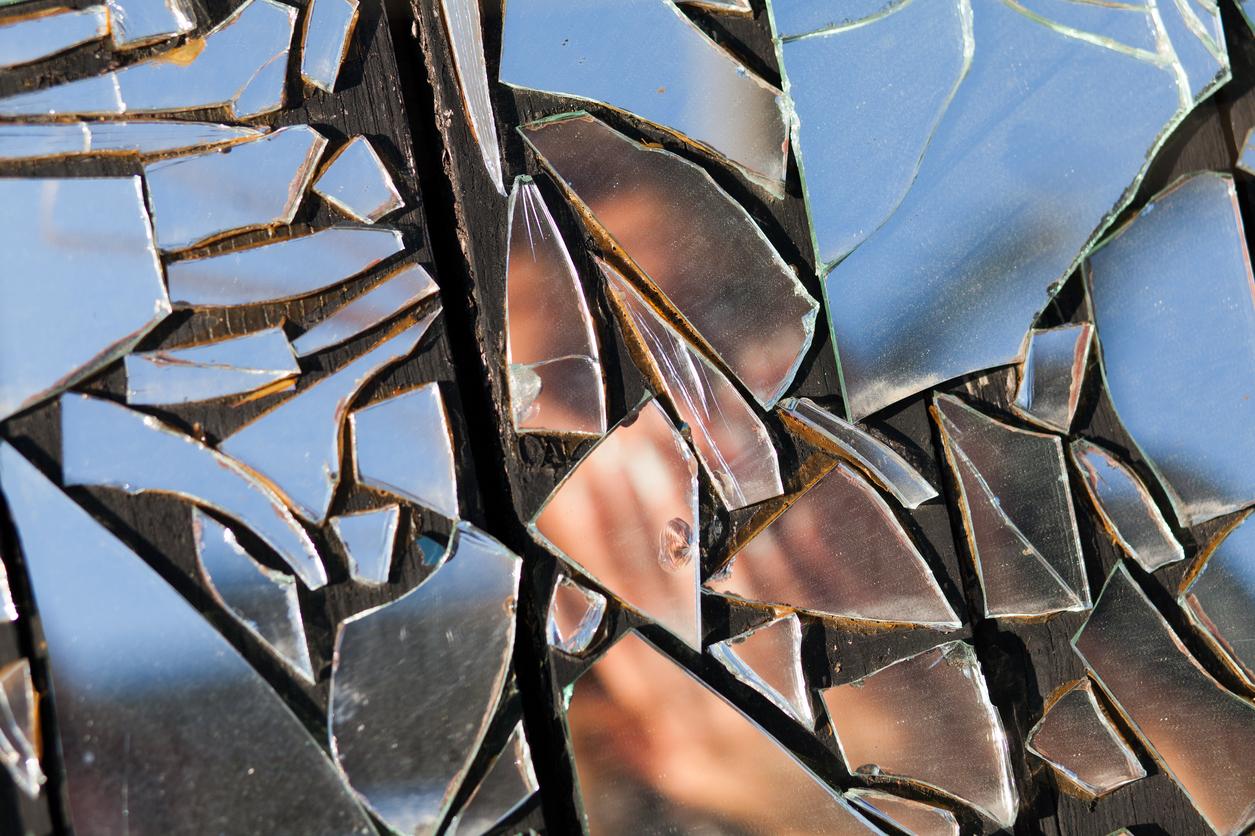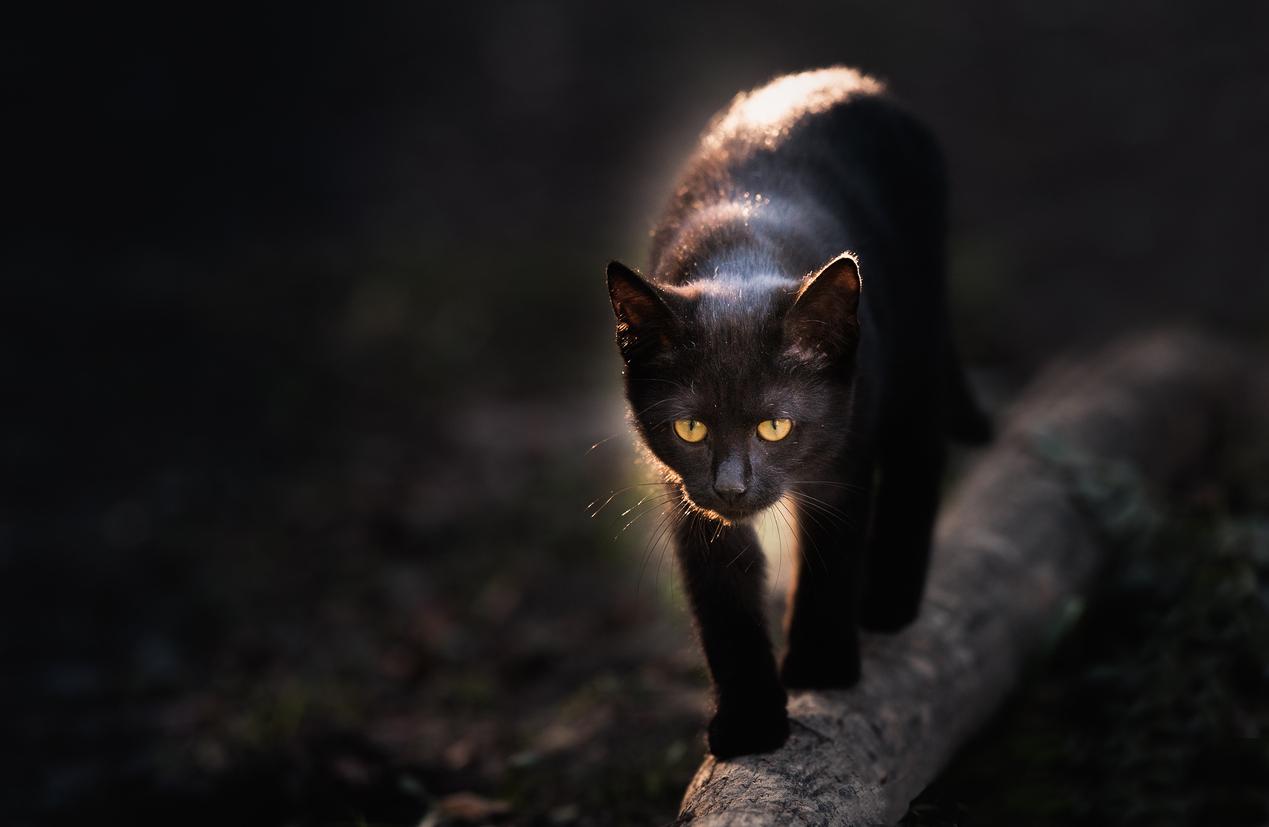6 Common Superstitions — Finally Explained
Updated Sept. 25 2018, 5:32 p.m. ET

Are you superstitious? If you're anything like me, you'll probably shrug and say, "Not really," while secretly making sure you don't miss a single crack on the sidewalk, lest some horrible injury befall your mom.
And while I rationally understand I can't prevent anything terrible from happening just by avoiding broken mirrors or white lighters, something inside me likes to believe that my very small actions might pack life-altering benefits.
So, why were superstitions created in the first place? According to the New World Encyclopedia, the earliest superstitions were invented as a way to deal with the unknown, so the silly gestures we perform are our way — as a society — to deal with our undying need to be in control of the uncontrollable.
We decided to unpack some of the most common superstitions, myths, and urban legends to shed some light on how they started, what they mean, and what will really happen if you live by them.
Friday the 13th

People all over the world debate even leaving their houses when the calendar shows it's Friday the 13th. To understand why people feel so strongly about this date, we first have to look at why people are so anti the number 13.
In fact, some people are so averse to the two digits, the word paraskavedekatriaphobia was invented to describe their fear. An ancient Norse myth is usually credited with making us all hate the number. Here's the gist: There was this big feast in Valhalla (a majestic hall where you could gorge yourself eternally) planned for 12 gods, and a 13th guy, Loki — who was known for being evil and even manipulating this other god into killing his brother — decided to crash the party.
So, legend has it, we've all hated the number 13 ever since this uninvited guest tried to sit with our friends in Valhalla. But then our hatred was cemented once the Last Supper came around, and the 13th guest, Judas, betrayed Jesus and caused his crucifixion.
And let us remind you, this happened on a Friday. Fridays continued to gain a bad wrap in the years to come: Chaucer wrote "And on a Friday fell all this mischance" in his 1387 classic The Canterbury Tales. Plus, America had this long-standing tradition of holding executions on Fridays, so it stands to reason that the curse on the number 13, combined with the terrible associations of Friday, has made for a stellar superstition that has gone strong over hundreds of years.
A Broken Mirror Will Bring 7 Years of Bad Luck

We're a vain species, so it's not surprising that we've attached greater meanings to our reflections ever since we were able to recognize ourselves in water. An ancient myth had people believing that mirrors could foresee the future ("Mirror, mirror on the wall," etc.), and were consequently devices of God.
So, breaking a mirror would terminate this godly connection, and misfortune was said to befall the person whose reflection the mirror last held.
In fact, this belief is held by so many cultures, even practitioners of feng shui believe a broken or imperfect mirror can distort good energy.
But the Romans added the number 7 to the mix. They believed that it took seven years for life to renew itself, and they also believed that if a person was sick and looked in a mirror, the mirror would break. So according to them, this sick person would remain unlucky for seven years, after which their life would be renewed and the curse would be lifted... if they could make it past that sick, unlucky stretch for that long, in the first place.
White Lighters Are Bad Luck

Perhaps this is more of an urban myth than a straight superstition, but I'll shy away from white lighters at the store, and even turn them down when someone offers to lend me one. And though I adamantly follow through with it, I'm not exactly why.
According to Atlas Obscura, the bad luck around white lighters is tied to another popular legend: the 27 Club.
Many young artists and musicians, notably Jimi Hendrix, Janis Joplin, Kurt Cobain, and Jim Morrison, all coincidentally died at the age of 27. And according to the superstition, they all had — you guessed it — white lighters on them when they passed.
Although Snopes discredited this theory, saying that disposable lighters weren't even invented at the time of Henrix's, Joplin's, or Morrison's death, the superstition remains alive and well, though I might now personally reconsider.
Knock on Wood

People around me have been knocking on wood ever since I was a child, it seems. To the point where I remember being surprised when someone mentioned it was a superstition, as I thought it was just something people did.
According to TED, there's a reason it's such a prevalent practice, and that's because it dates back to the folklore of the ancient Indo-European civilization. In those times, or possibly even times that came before, people believed that trees housed various spirits, and that touching the tree would invoke a protective blessing from those spirits.
Afterward, Christians made sure this practice would take off by associating imagery of the cross and telling their followers that knocking on wood would bring about Christ's blessing.
Black Cats Bring Bad Luck

We all know that black cats are supposed beacons of bad luck, but many aren't entirely certain why. Black cats have actually held on to their lousy reputation for years, and it's all thanks to the Middle Ages.
Back then, Germanic people believed black cats, much like black ravens, were a sign that death was near. This led them to think that a black cat crossing someone's path would bring that person bad luck, a legend that quickly spread across Europe. Soon, these superstitious die-hards were planning mass killings of cats all across the continent.
Others thought that black cats existed to help witches fulfill their evil plans, and we all know how crazy everyone was about persecuting witches back in those days. As soon as that myth spread to witch-hating Puritans in America, black cats became doomed to fight an uphill battle to redeem themselves.
It's worth noting that even today, black cats are adopted 50 percent less than their non-black buddies, and there are whole organizations devoted to righting their wrongly tarnished name.
Spilling Salt Is Bad Luck

Salt used to be a highly valued possession, even a currency in ancient societies. Don't believe me? The word "salary" even comes from sal, the Latin word for sodium chloride.
And Romans were paid in salt — giving rise to the expression "Not worthy of one's salt" — so spilling something that was, essentially, money, was considered careless and in terrible form.
As you might have noticed by now, these ancient practices tend to take on lives of their own over time, which is why spilling salt is currently associated with bad luck, an invitation to the devil, or even the end of a friendship.
The latter has an interesting history, as it takes us back to the Last Supper. In da Vinci's famous rendition of this last meal, there's some spilled salt next to Judas' elbow. Since Judas ended up betraying Jesus right after that meal, spilled salt gained the reputation of ending friendships.
But thankfully, this superstition can easily be undone. Since the devil is said to live behind one's left shoulder, you can toss some stray salt over that shoulder and render the devil powerless by blinding him. Phew.
Here's hoping you never break a mirror again! And if you accidentally grab a white lighter, now you know you'll be fine.